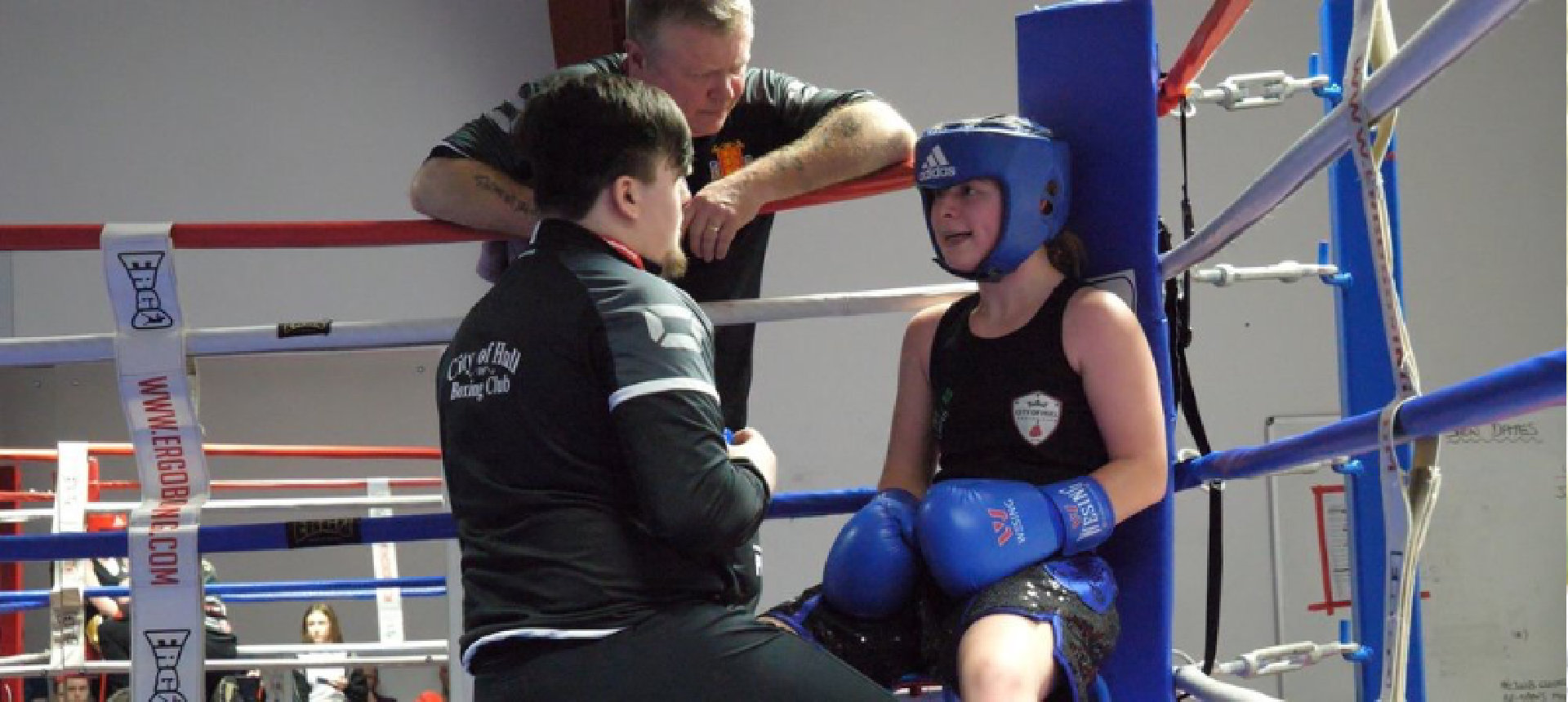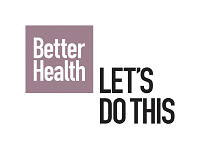JUST SMALL STEPS TO MAKE BIG CHANGES

JUST SMALL STEPS TO MAKE BIG CHANGES
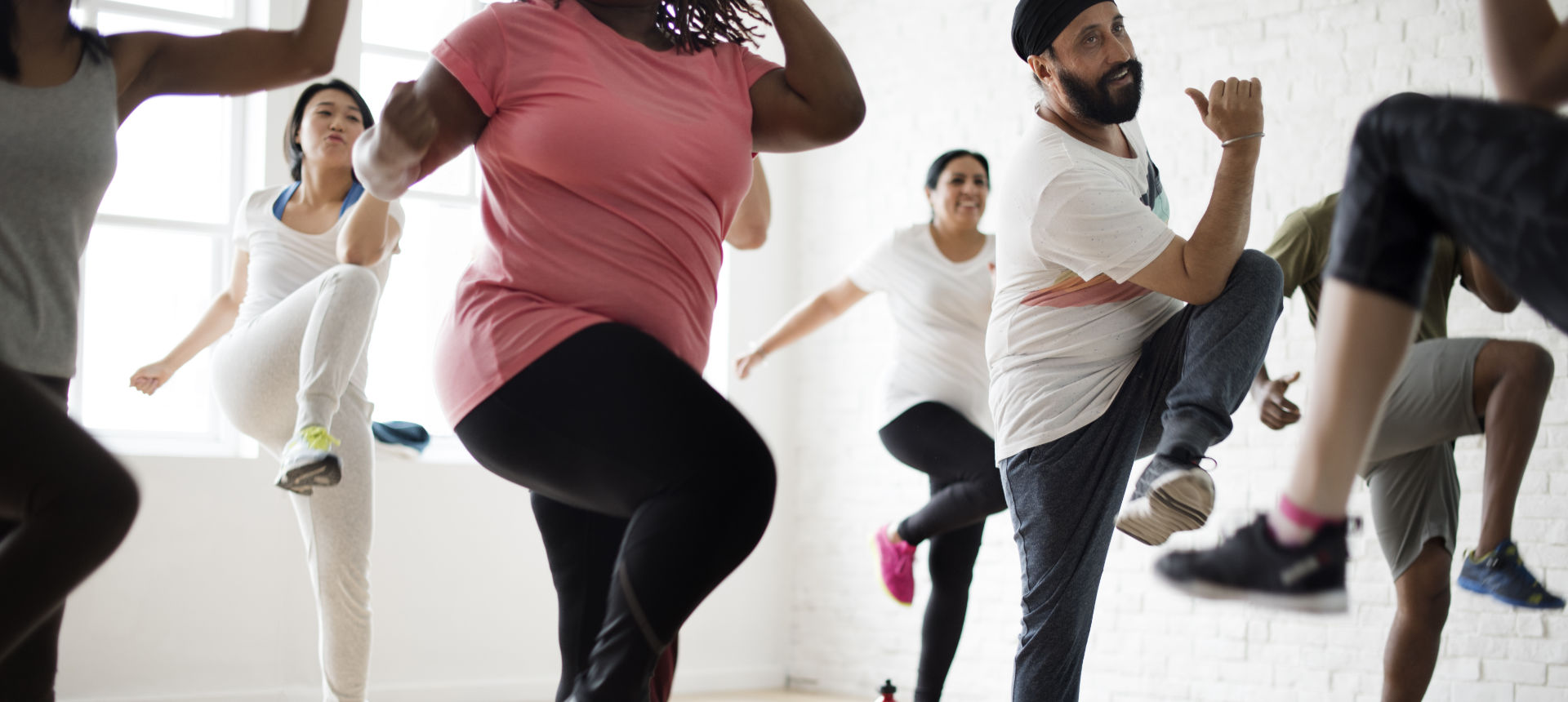
JUST SMALL STEPS TO MAKE BIG CHANGES
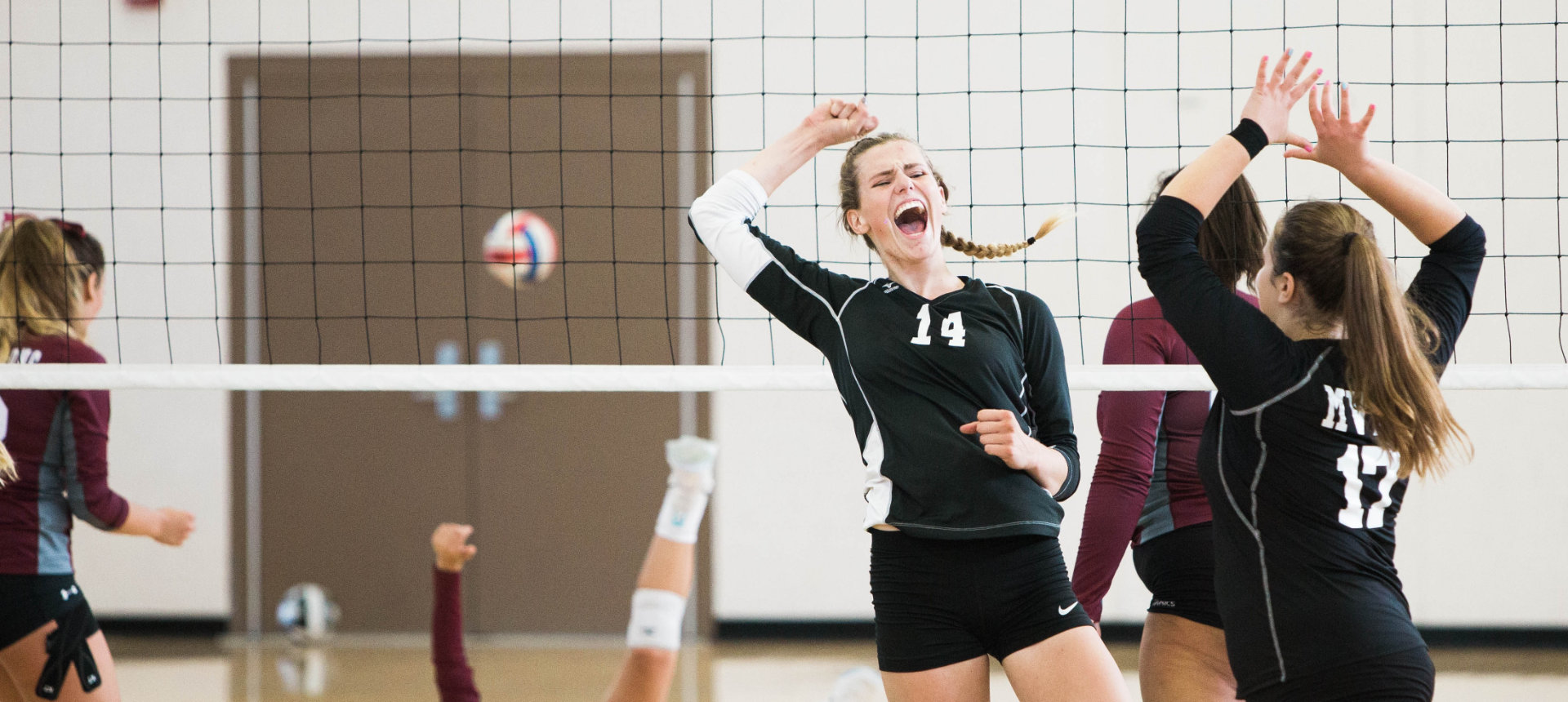
JUST SMALL STEPS TO MAKE BIG CHANGES
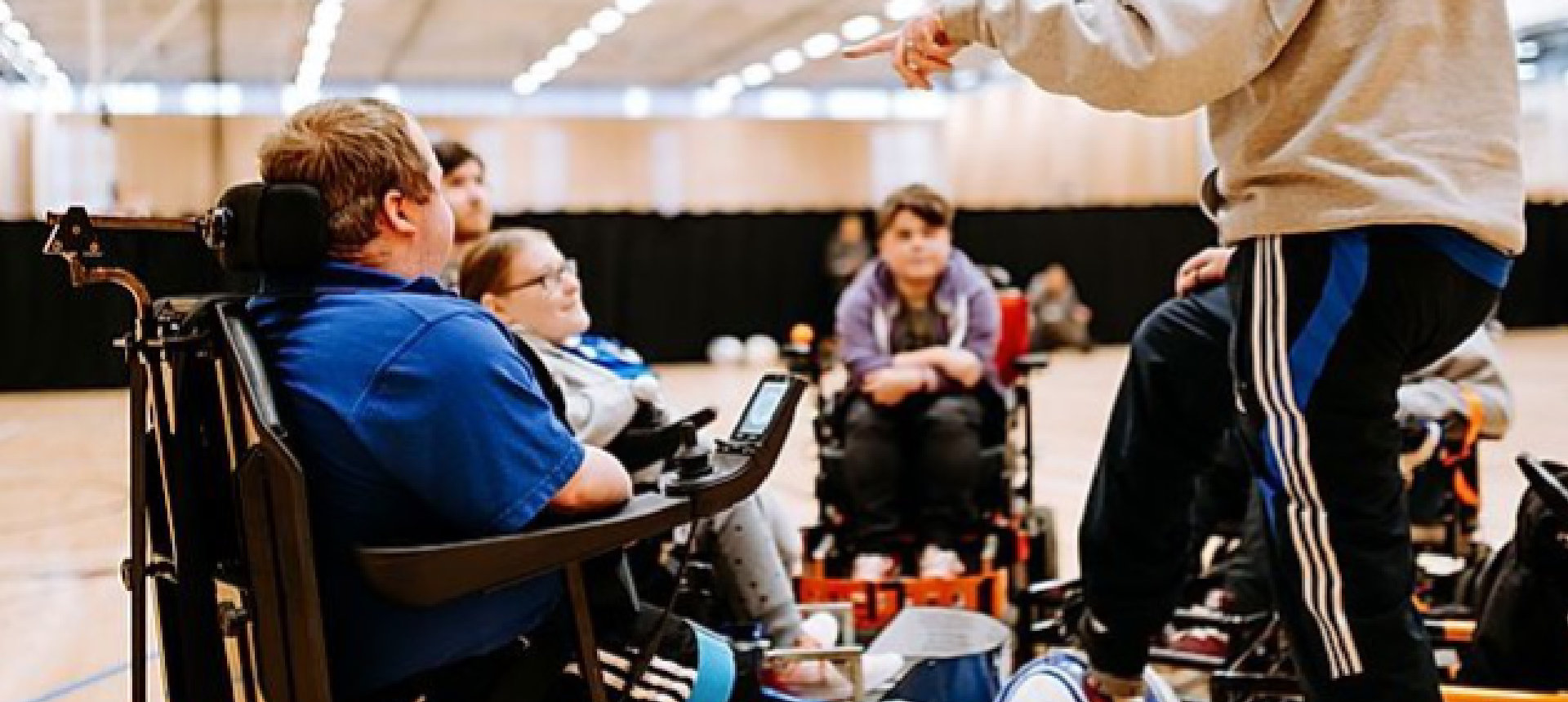
JUST SMALL STEPS TO MAKE BIG CHANGES
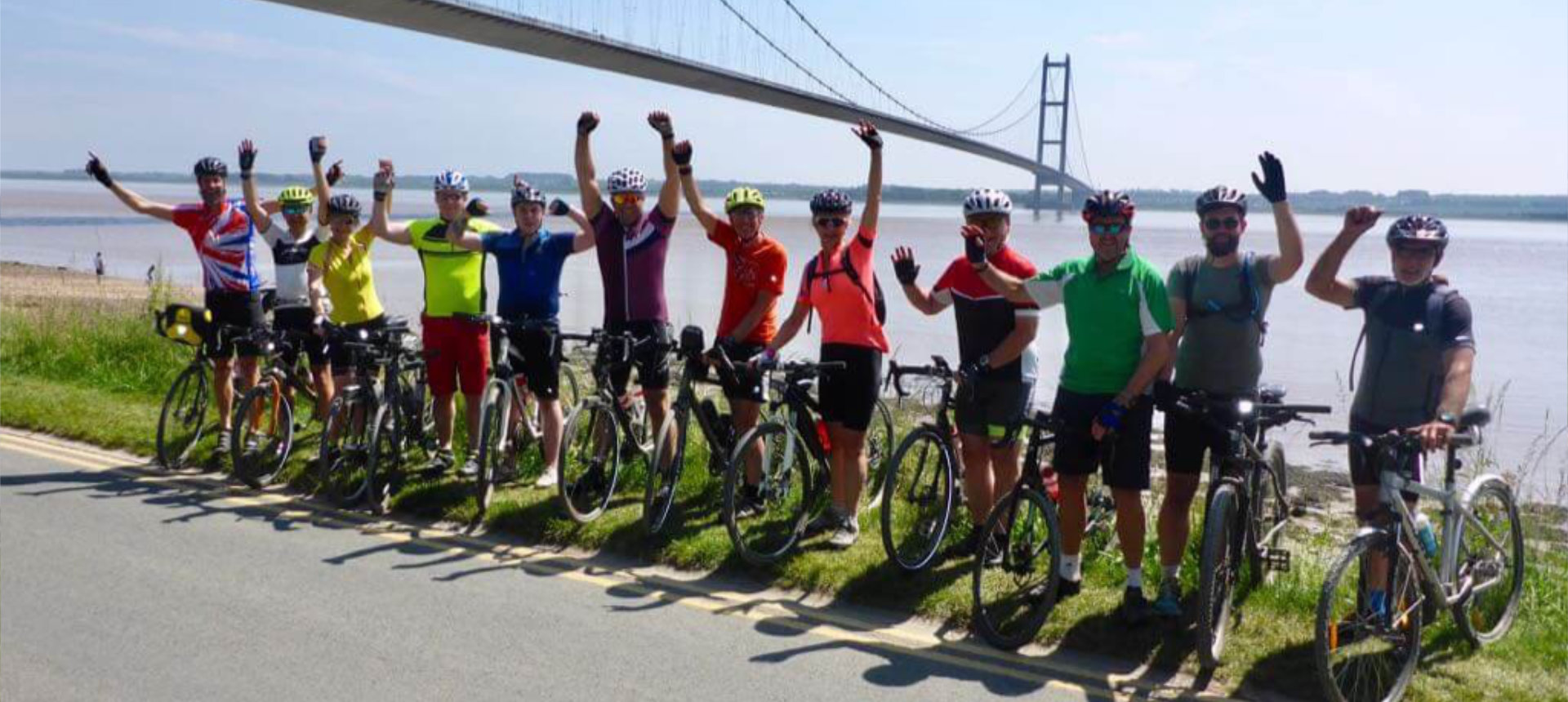
JUST SMALL STEPS TO MAKE BIG CHANGES
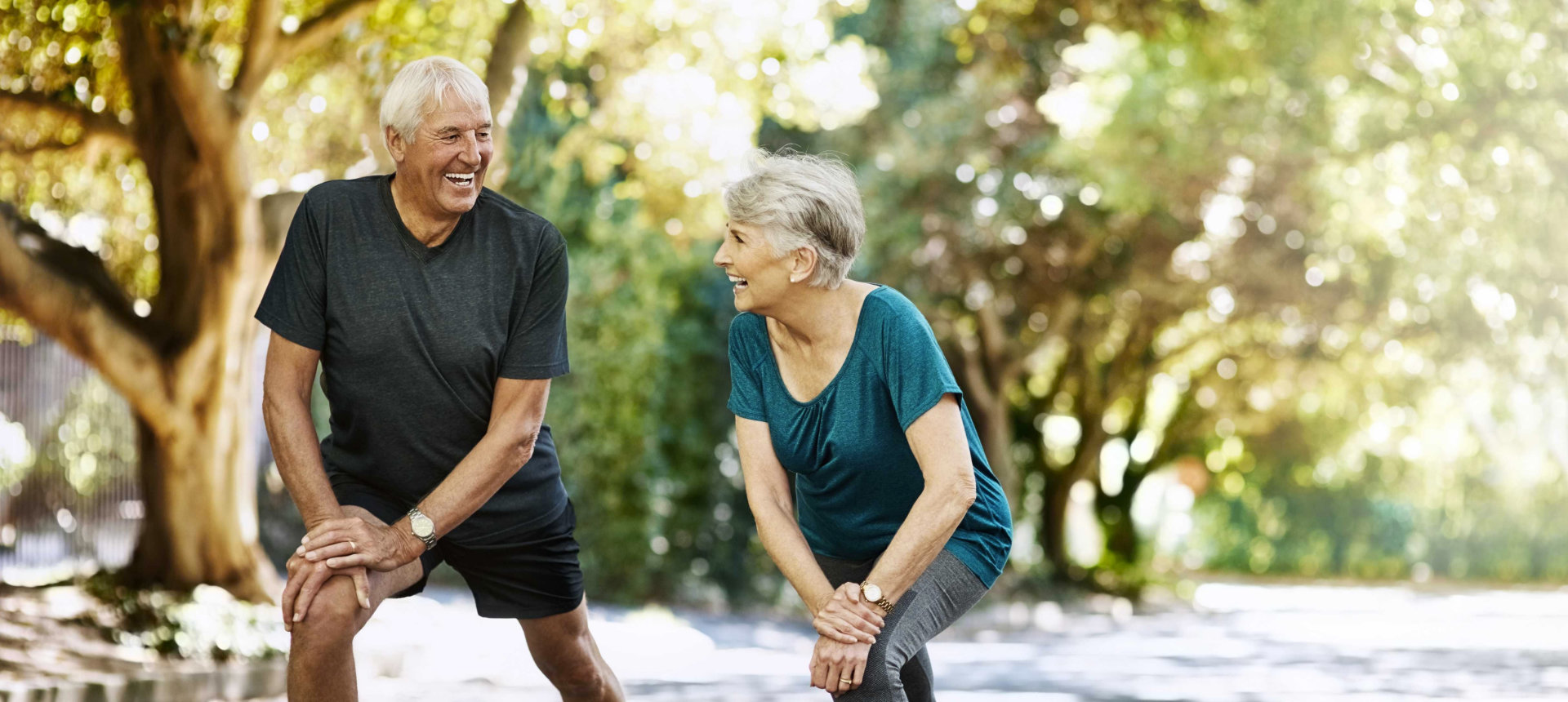
JUST SMALL STEPS TO MAKE BIG CHANGES
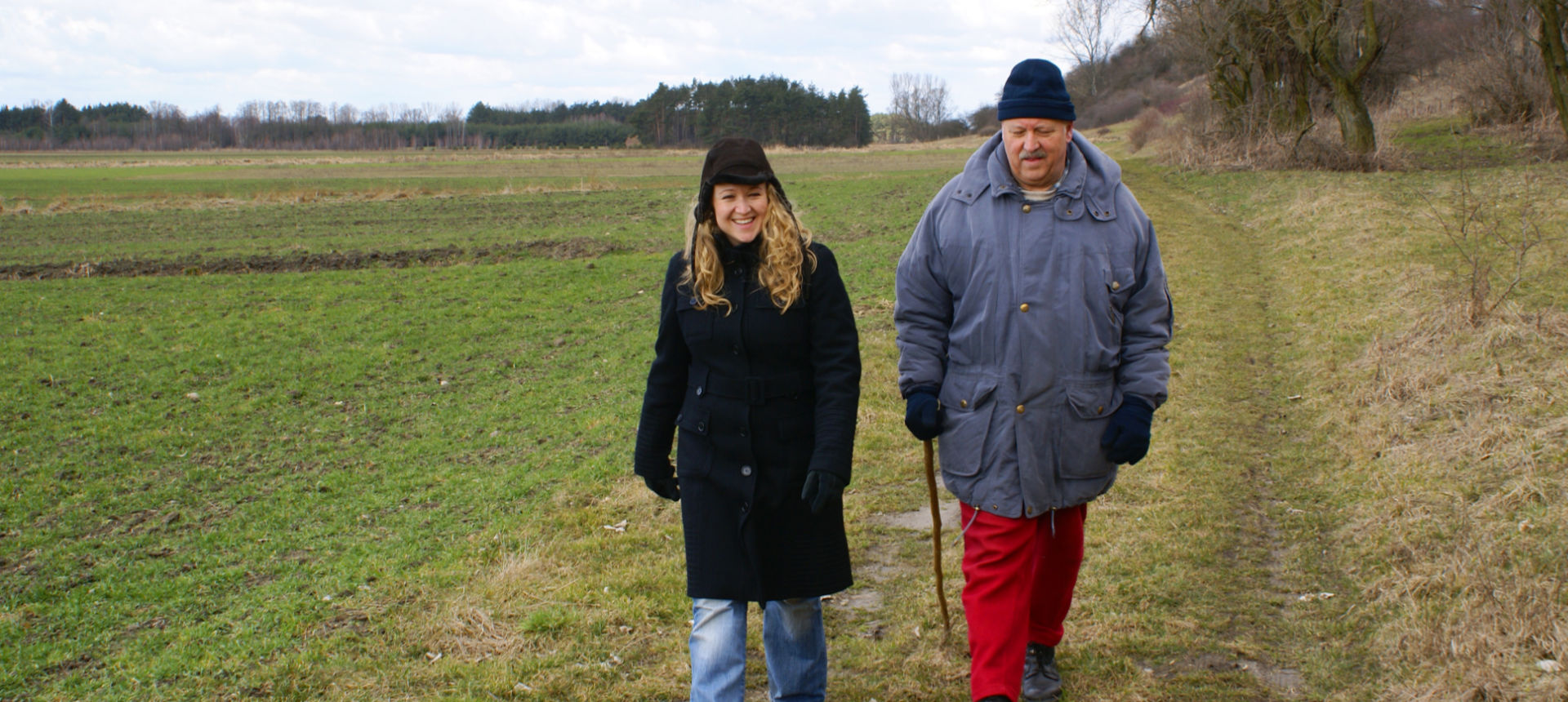
JUST SMALL STEPS TO MAKE BIG CHANGES
